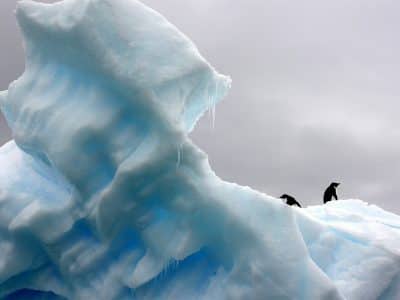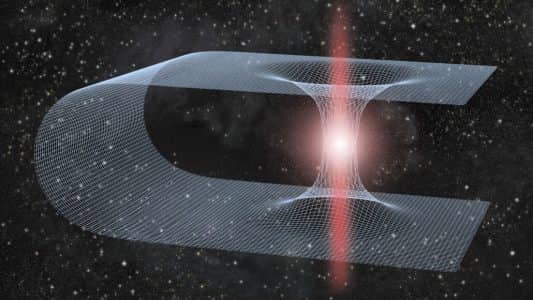Meteorite Found in Antarctic has Opal of Extraterrestrial Origin - Dispatch Weekly
June 29, 2016 - Reading time: 2 minutes

Opal is a mineral that hints at presence of water and while it is found on Earth, there have been almost no instance wherein it was found in a celestial objects – asteroid, meteorite or comet. However, that changed with a recent study wherein researchers have detected presence of mineral opal of extraterrestrial origin in a meteorite named EET 83309 that landed in Antarctica.
Led by Professor Hilary Downes of Birkbeck College London, a team of researchers analyzed the meteorite EET 83309. The meteorite in question is made up of thousands of broken pieces of rock and minerals and within these fragments are many other kinds of meteorite embedded in it that indicate that there were many impacts on the surface of the parent asteroid, bringing pieces of rock from elsewhere in the solar system.
Scientists involved with the study believe that these different impacts brought water ice to the surface of the asteroid that eventually led to formation of opal. Researchers are of the opinion that opal found in the meteorite show that it was formed before the meteorite was blasted off from the surface of the parent asteroid and sent into space, eventually to land on Earth in Antarctica. To show that the opal is not of Earthly origin, researchers used different techniques to analyze the opal and check its composition.
They claim to have found convincing evidence that opal wasn’t formed on Earth while the meteorite was sitting in the Antarctic ice. Researchers say that through the NanoSims instrument at the Open University they were able to although the opal has interacted to some extent with water in the Antarctic, the isotopes match the other minerals in the original meteorite.
“This is more evidence that meteorites and asteroids can carry large amounts of water ice. Although we rightly worry about the consequences of the impact of large asteroid, billions of years ago they may have brought the water to the Earth and helped it become the world teeming with life that we live in today”, said Downes.

DW Staff
David Lintott is the Editor-in-Chief, leading our team of talented freelance journalists. He specializes in covering culture, sport, and society. Originally from the decaying seaside town of Eastbourne, he attributes his insightful world-weariness to his roots in this unique setting.

_1.jpg)


